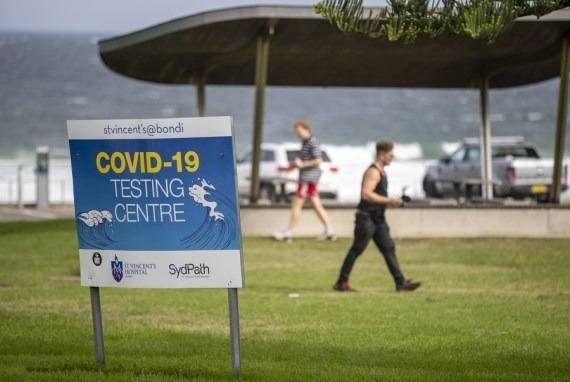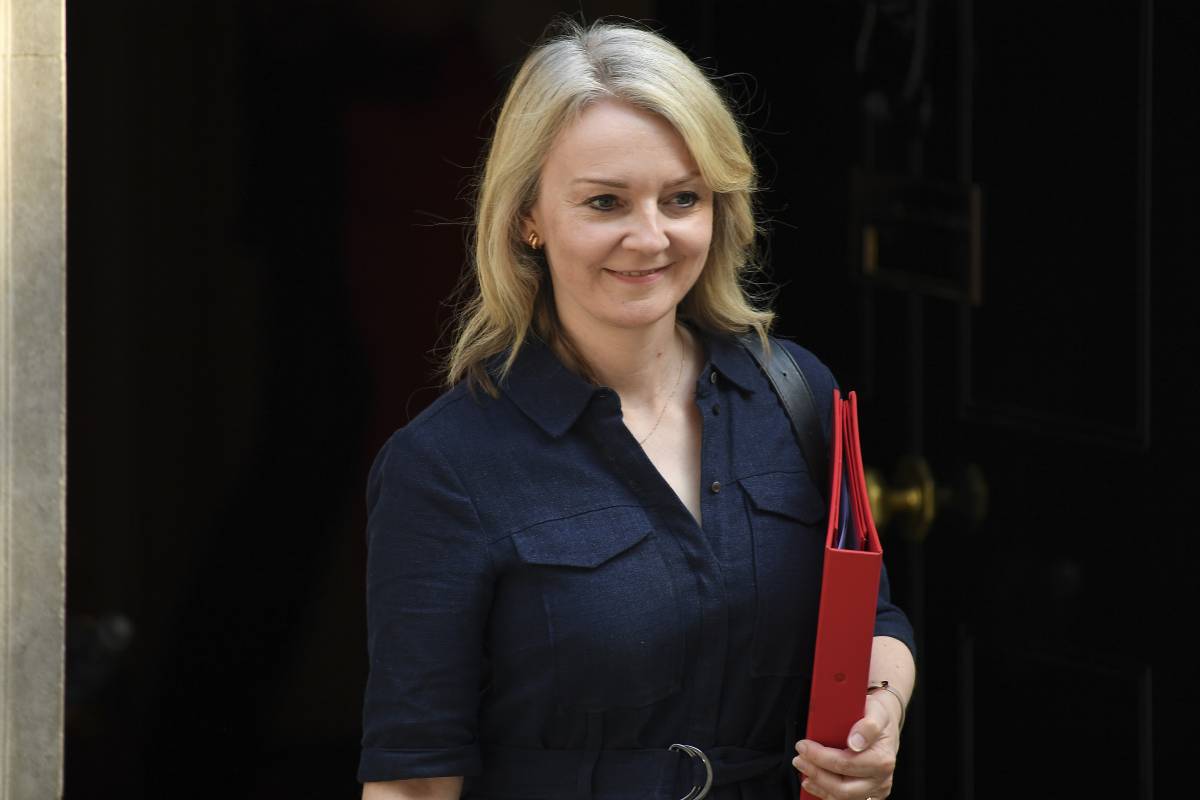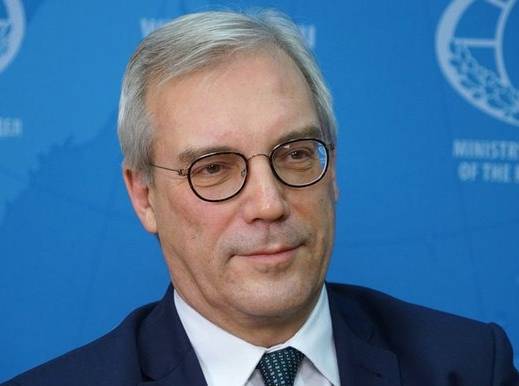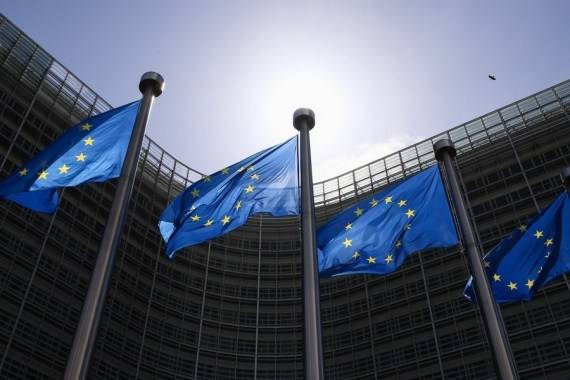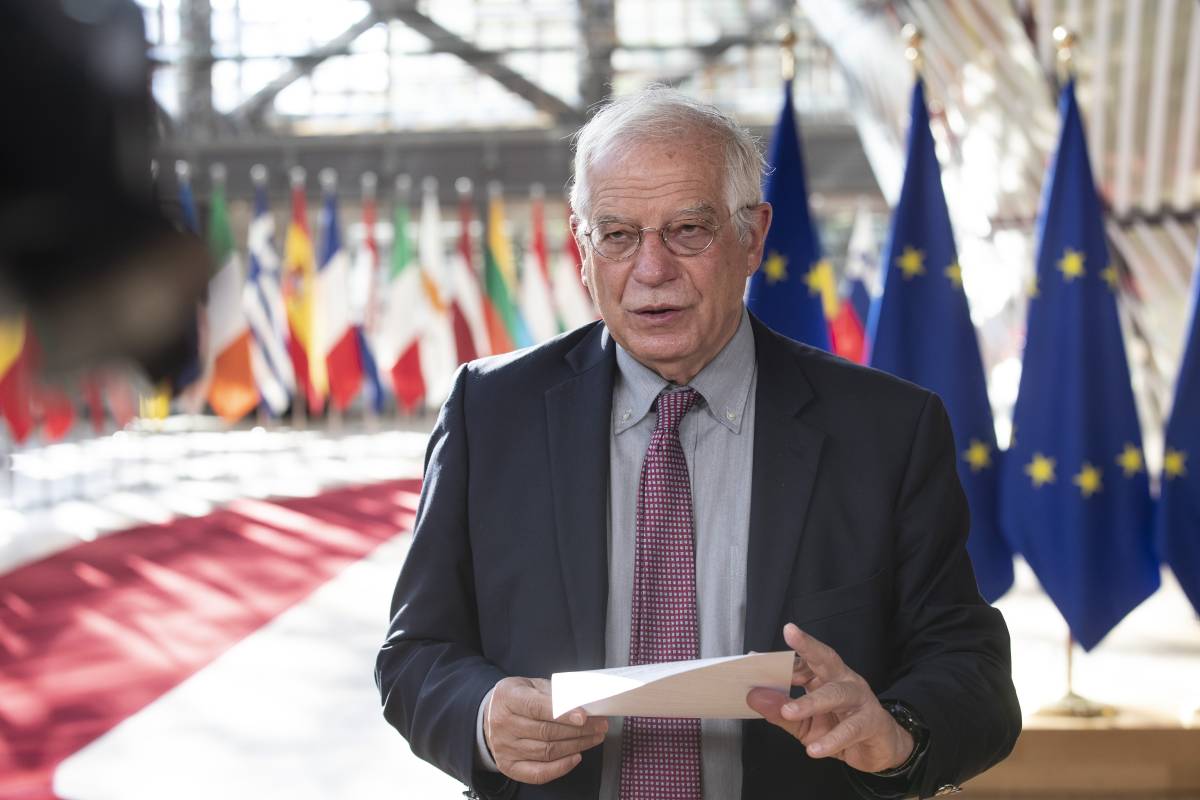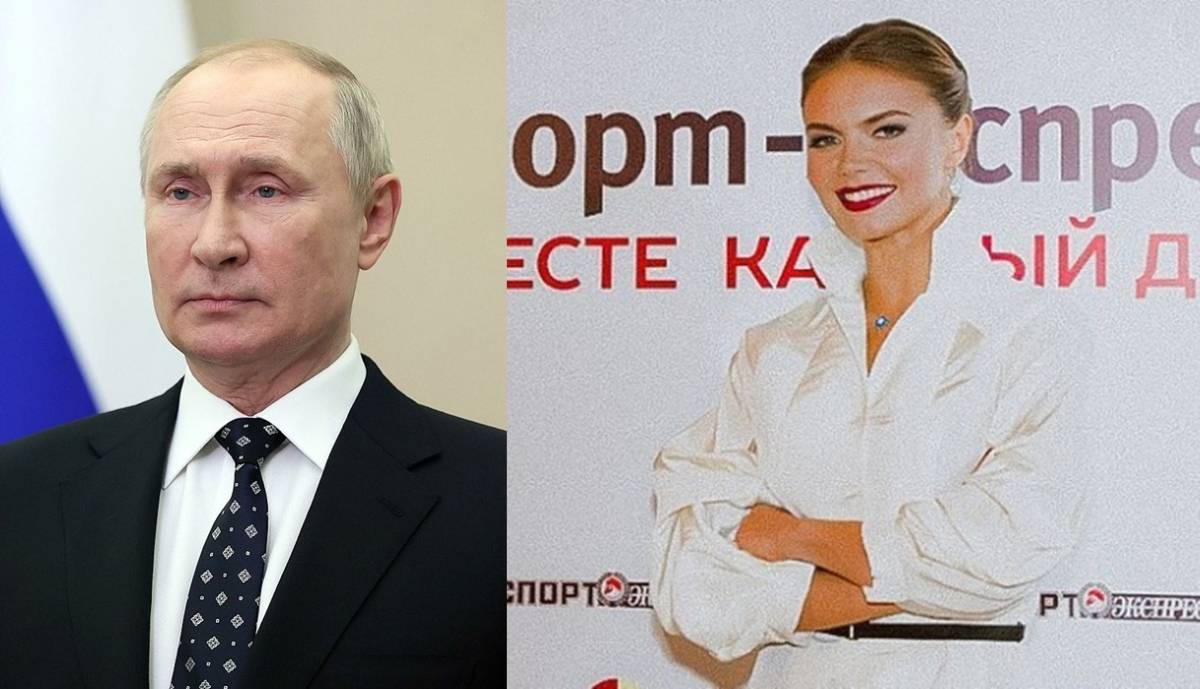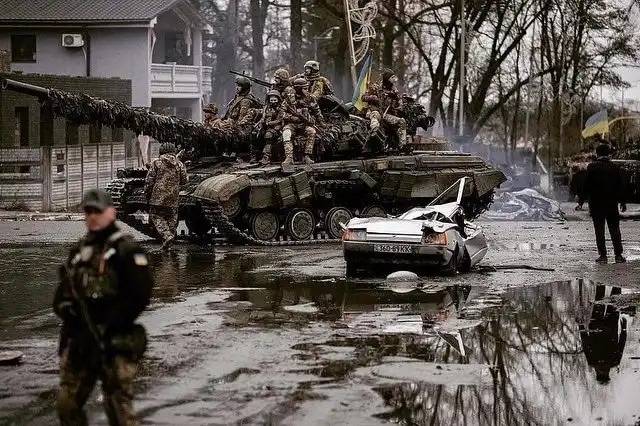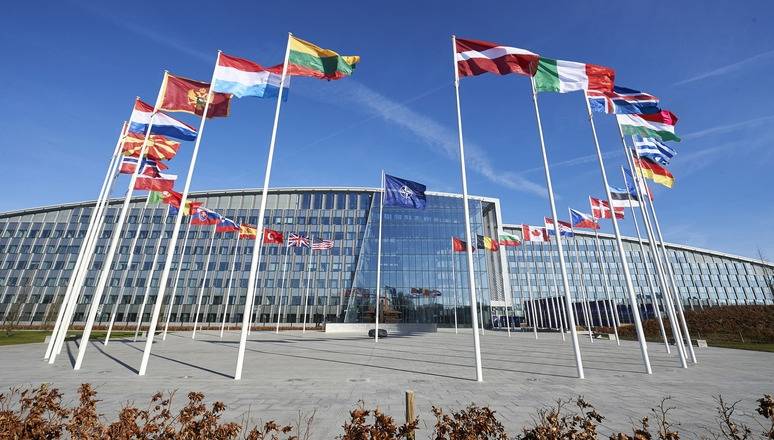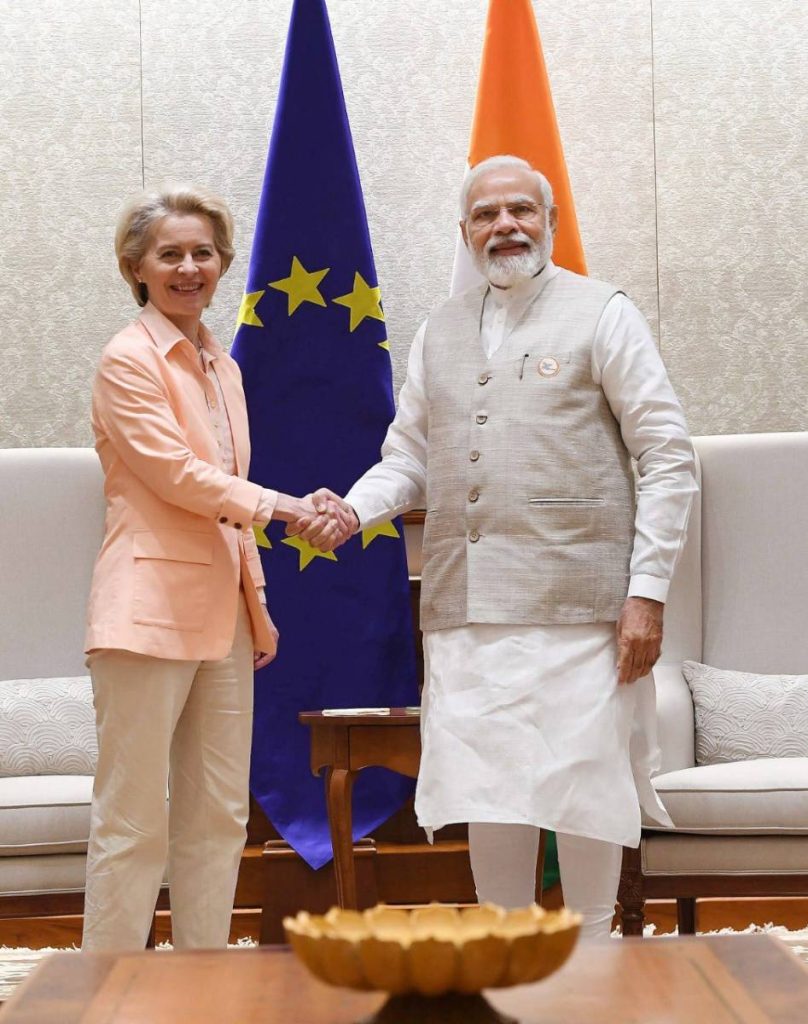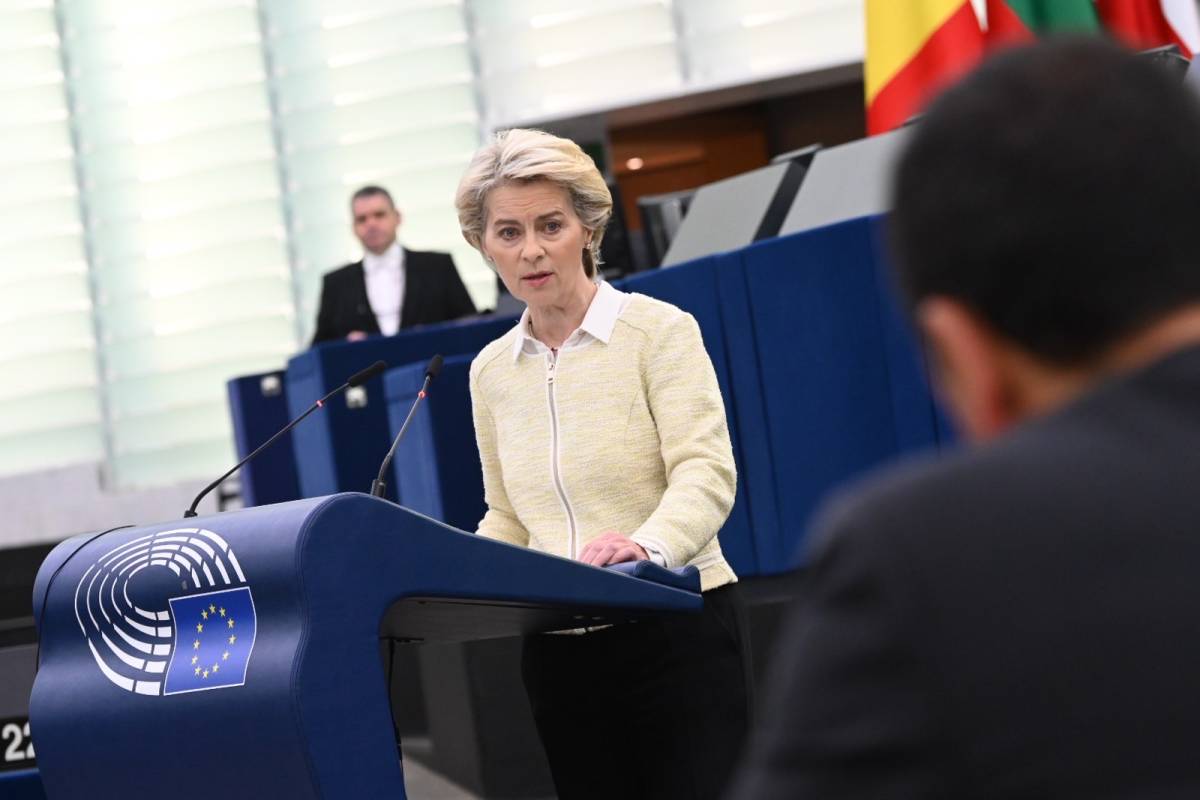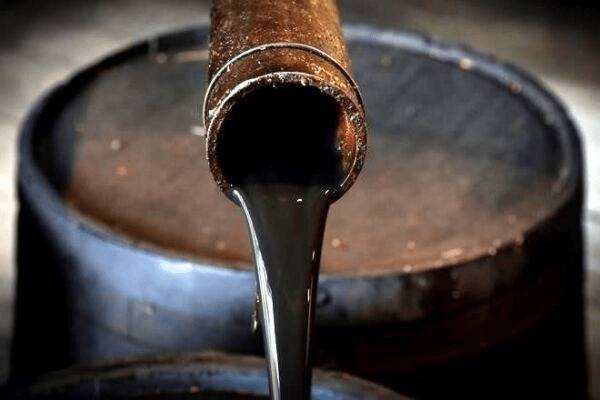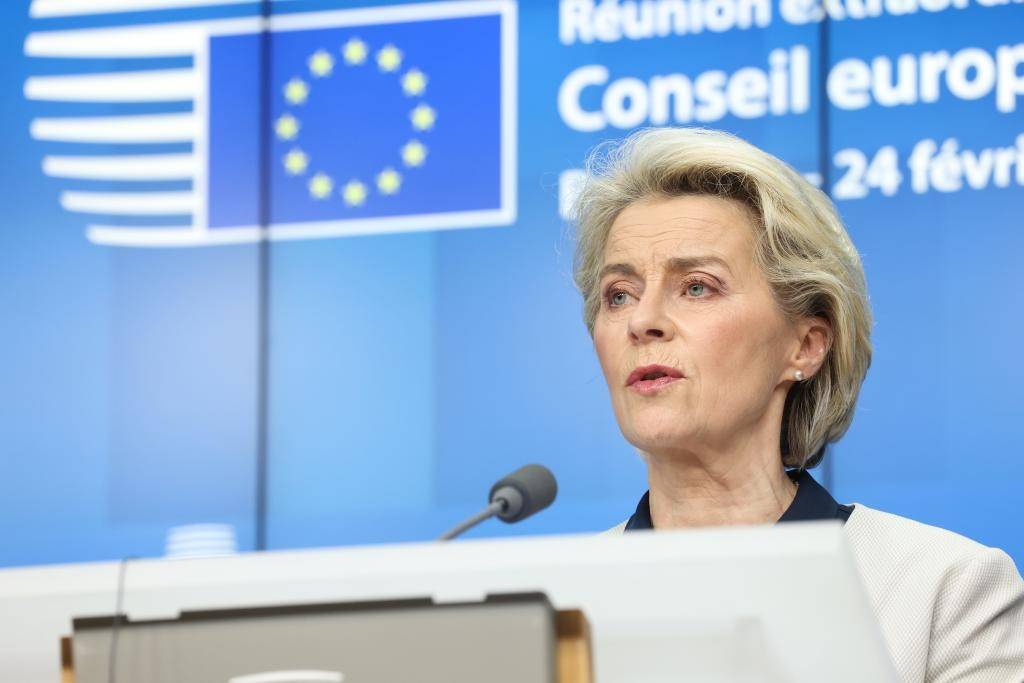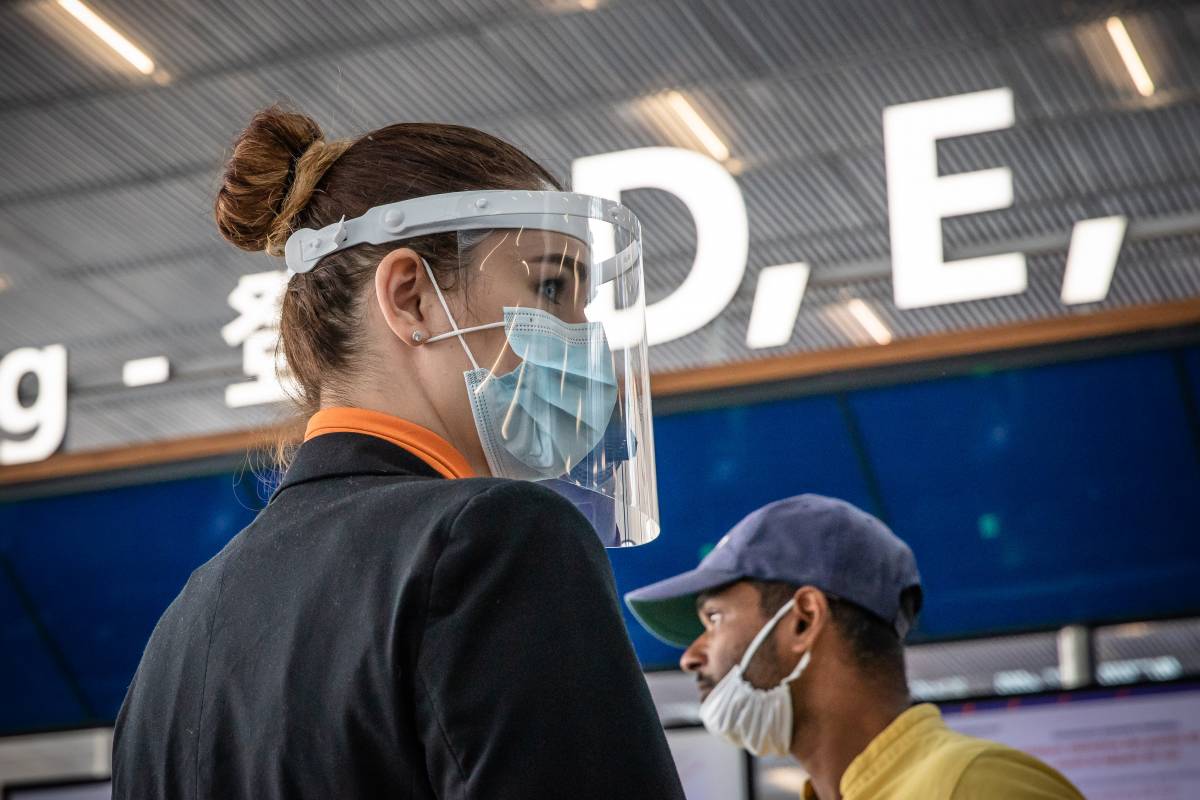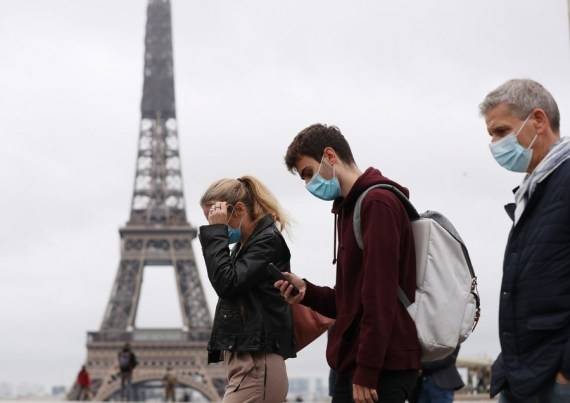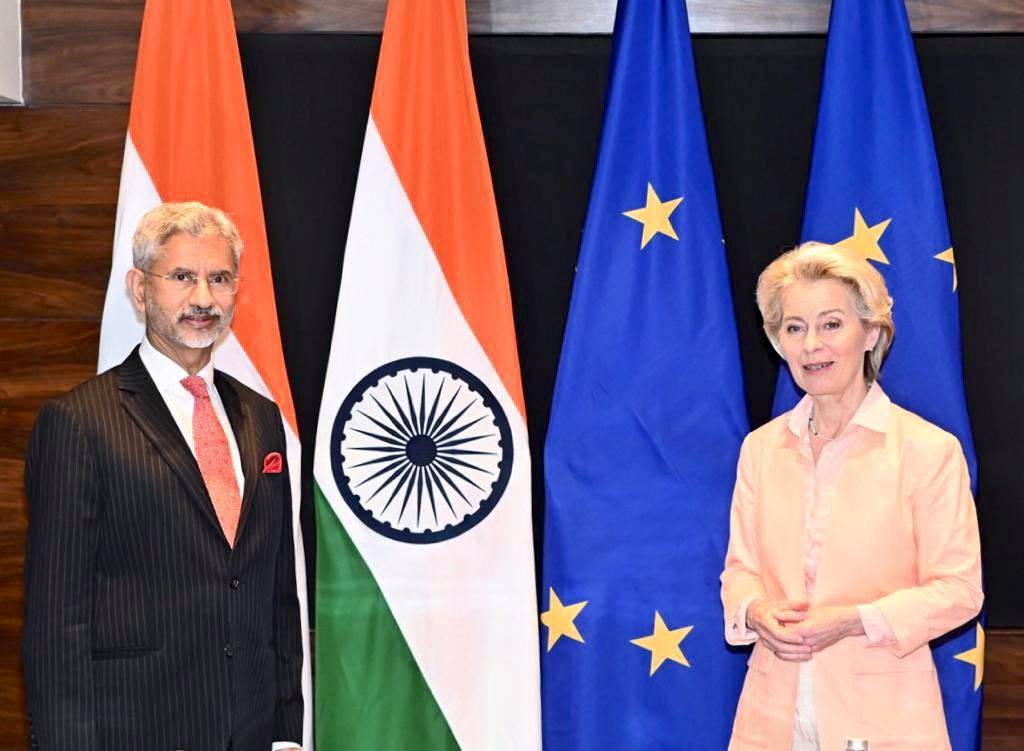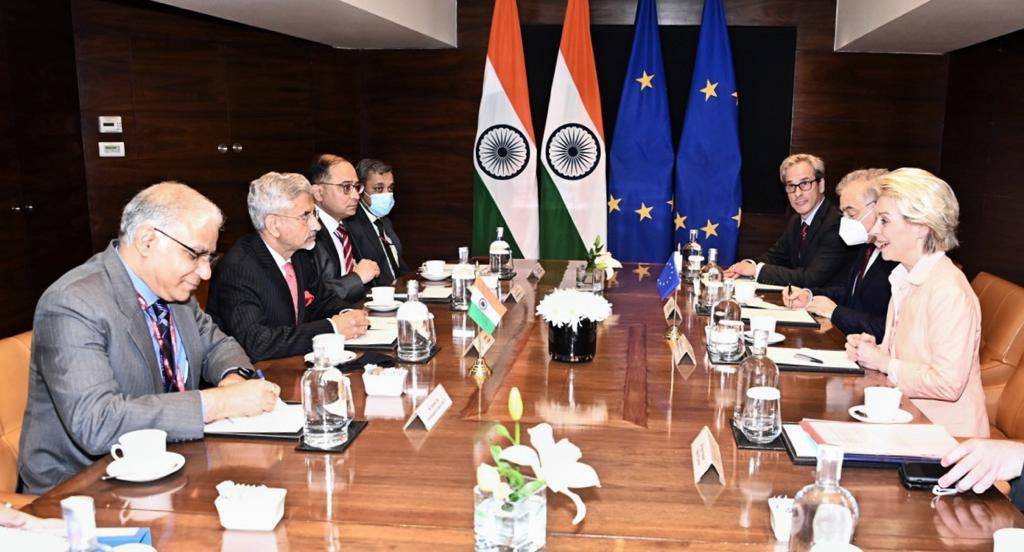Despite the new guidance, Germany as the EU’s most populous country and top economy said it had no plans to lift the mask mandate for flights…reports Asian Lite News
EU-wide guidance on requiring masks for air travel will be lifted from next week, the bloc’s aviation safety agency said on Wednesday, as the pandemic eases in Europe.
The European Union Aviation Safety Agency (EASA) said that under the new guidelines developed with the European Center for Disease Prevention and Control (ECDC), masks were no longer considered essential for all flights and airports.
Nevertheless national regulators and airlines will still have scope to demand face and nose covering by passengers and staff, it noted.
“From next week, face masks will no longer need to be mandatory in air travel in all cases, broadly aligning with the changing requirements of national authorities across Europe for public transport,” said EASA executive director Patrick Ky in a statement.
“For passengers and air crews, this is a big step forward in the normalization of air travel.”
Despite the new guidance, Germany as the EU’s most populous country and top economy said it had no plans to lift the mask mandate for flights.
“The mask requirement on airplanes continues to be in place for all domestic routes as well as on flights that take off or land in Germany,” health ministry spokesman Hanno Kautz said in an emailed statement.
EASA said after Monday, “rules for masks in particular will continue to vary by airline beyond that date.”
It stated that “flights to or from a destination where mask-wearing is still required on public transport should continue to encourage mask wearing.”
Vulnerable passengers with compromised health “should continue to wear a face mask regardless of the rules,” it added.
The EASA said passengers were also encouraged to observe social distancing at the airport but that operators should adopt a “pragmatic approach,” meaning avoiding measures that would “lead to a bottleneck in another location in the passenger journey.”
The Geneva-based International Air Transport Association (IATA) welcomed the new guidance for the EU but acknowledged the picture was more complex in an international context.
“Although the European protocol comes into effect next week, there is no globally consistent approach to mask-wearing on board aircraft,” said Willie Walsh, IATA’s director general, in a statement.
“Airlines must comply with the regulations applicable to the routes they are operating. The aircraft crew will know what rules apply and it is critical that passengers follow their instructions.”
He added that the IATA asked all passengers to “be respectful of other people’s decision to voluntarily wear masks even if it not a requirement.”
The European aviation sector has predicted a return to near pre-pandemic traffic levels this summer despite soaring fuel prices, the war in Ukraine and inflation.
ALSO READ-Priti Patel faces legal action over Ukraine visa delays

